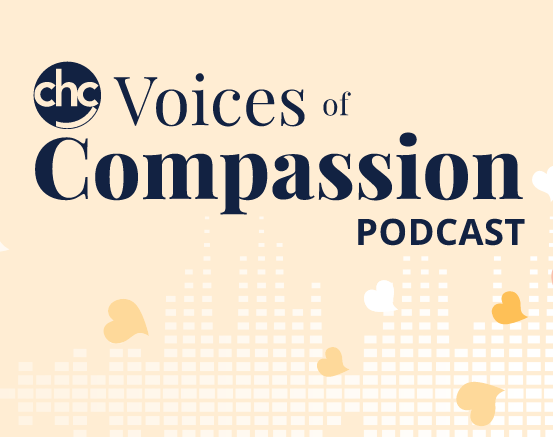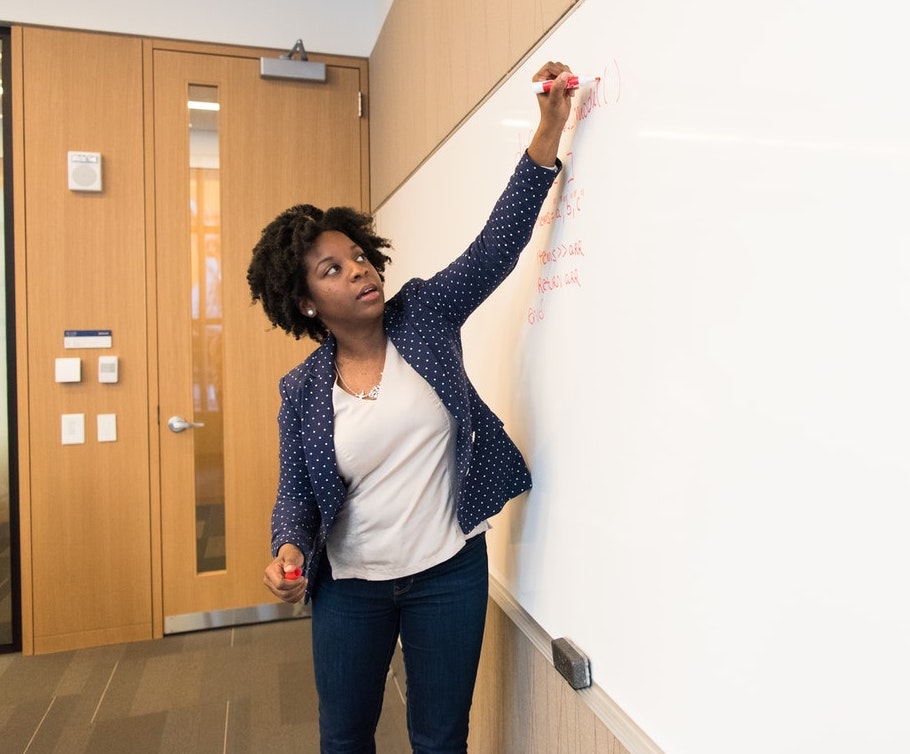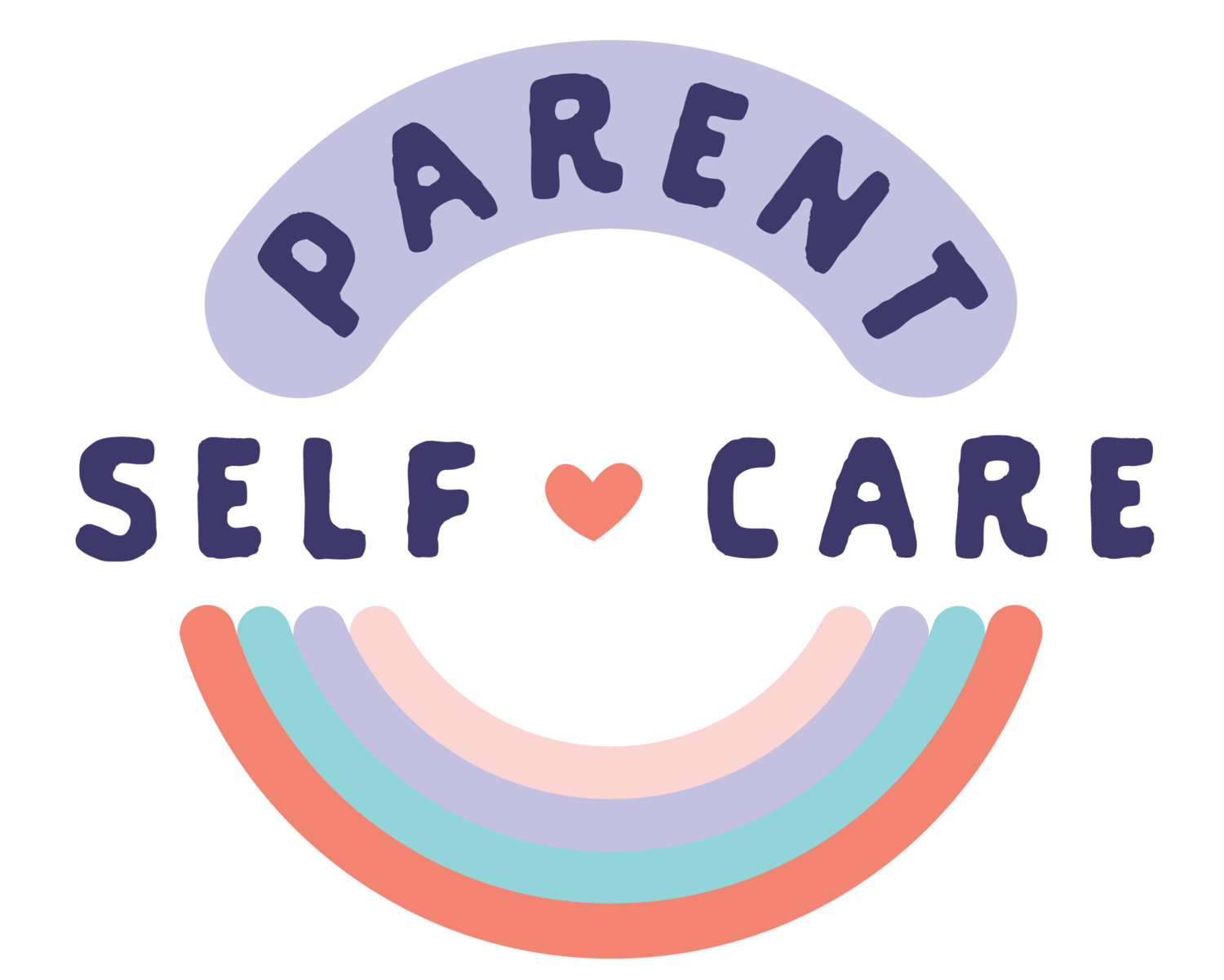Student Voices in the Time of COVID
 The National Education Association and National PTA commissioned a series of online focus groups to survey American public school students in grades 7-12 about the unprecedented challenges they are facing.
The National Education Association and National PTA commissioned a series of online focus groups to survey American public school students in grades 7-12 about the unprecedented challenges they are facing.
Some lost friends and family members to the pandemic; many endured economic hardships as parents have lost jobs and income; all of them have had their education and lives interrupted in a profound way.
On top of the pandemic, the country has not seen an era of deeper political and racial divisions in generations. Through it all, this generation of young people have proven resilient. Most say they are doing “OK” and many have found unforeseen advantages in the pandemic, bonding with family, time for hobbies and exercise, and for some, a commitment to science and medicine to avoid future pandemics.
Their school work has suffered and they crave the lost, personal interaction with their teachers. Over half attend virtual classes and many report diminished academic progress since the COVID outbreak. Nonetheless, most believe their teachers are doing the best they can. Three-quarters believe they are getting a good education, including 74 percent of those who attend online, full-time.
Key Findings
- Most students report doing “OK.” A 56 percent majority describe themselves and their family as “doing OK” when it comes to handling the pandemic, only 16 percent are struggling. These numbers remain fairly consistent along different racial groups.
- Some students are suffering. Four in ten report significant economic stress in the family, higher among Black students, and as many have had a family member contract the virus. Students also complain of boredom and social isolation. At the same time, some students have used the pandemic to reconnect with their families, take on hobbies, exercise, and even reconsider career goals.
- Many students report a significant decline in academic performance. A 58 percent majority of students say they were doing well academically before the virus; only 32 percent believe they are doing well currently. Younger students and students whose parents did not attend college are the most likely to report an academic decline.
- Nonetheless, an 88 percent majority trust their teachers to teach them this year and 76 percent believe they are getting a good education, despite the recognition that their teachers lack resources and time.
- Students miss the one-on-one interaction of the pre-COVID period. The most popular suggestions for improving education in this period all have one thing in common: more interaction with their teachers.
- More interaction between teachers and students (49 percent very helpful)
- Faster response time from teachers in grading assignments and giving feedback (48 percent very helpful)
- Additional tutoring to help kids catch up and stay on track (48 percent very helpful, 61 percent among Black students)
- More one-on-one time with teachers (47 percent very helpful, 59 percent among Black students)
- Given the choice, most students opt for in-person learning, at least part of the time, assuming nothing changes with the pandemic. A 38 percent plurality prefer full-time, in-person classes (only 23 percent attend in full-time in-person classes currently) and another 27 percent prefer some hybrid of online and in-person learning. Students currently in online classes full-time are less eager to go back to school, but even here more than half prefer some level of in-person instruction.
- This generation of students believes it can make a difference. Given the scale of events, a certain feeling of helplessness might be forgiven among these students. Nonetheless, an 88 percent majority believe their generation has the power to change the country and this number grows even higher among students of color.
Excerpted from “Student Voices in the Time of COVID” from the National Education Association. Read the full media release for additional findings.
Source: NEA | Student Voices in the Time of COVID, https://www.nea.org/sites/default/files/2020-12/Student%20Voices%20in%20the%20Time%20of%20COVID%20-%20Memo.pdf | copyright 2020 National Education Association
CHC offers free community education sessions for educators. Join us to learn practical teaching strategies you can use in your classroom to help more kids reach their promise and potential. Educator sessions are led by experienced educator/clinician teams from Sand Hill School and CHC.





